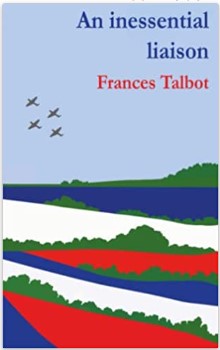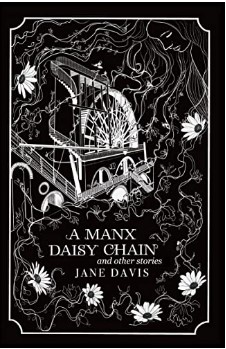This article features two of our members who explain how translation inspired them to become published authors.

In January 2020 I completed the Open University’s MA in Translation, happy to be among the second cohort to do so. For my dissertation I translated into English a passage from Aux frontières de l’espoir, an inspiring autobiography by Georges Loinger, who aided the escape to Switzerland of hundreds of Jewish children during the Second World War. At the time of publication in 2006 he had already reached the impressive age of 96.
Later that year (fired by my translation research—or was it lockdown madness?), I began an online MA in Novel Writing with Middlesex University. By completion, I was two-thirds of the way through my first full-length novel, An Inessential Liaison. Set in Normandy in 1944–1947, it explores the fraught relationship of a young Frenchwoman with a German lieutenant, her brother’s Resistance activities, and ongoing repercussions when hostilities end.
I realised during the novel-writing process how much my translation studies had fed into the research ethic, and also how much the honing of my English-language skills through editing and revising feeds back to translation work.
I eventually took the self-publication route (via Amazon KDP, Draft2Digital and IngramSpark), an increasingly well-regarded option. There were a few stumbling blocks, but the arrival of professional-looking printed copies eclipsed the inevitable frustrations of the process. Early reviews have been encouraging, but only time will measure sales success. However, I’m beginning a second, linked novel, whose background will be the French student revolt of 1968. So, it’s back to the research…

In the foreword to the book I explain how the idea for the stories came through a writing challenge I set myself based on a box of Christmas tea sachets. What I don’t say there is that the challenge was primarily stimulated by a poor translation! Each of the tea sachets bore a brief description of the unnamed author’s memories or experiences of Christmas – all rather literally translated from German. But the very stiffness of the translation meant the words used were unusual, and for some reason I had the idea of using them as writing prompts.
The rules were simple:
- Pick one or more words from today’s sachet as inspiration
- Write for at least 15 minutes, either by hand or in Word
- Don’t edit or direct the writing, just write
What’s amazing when you write like this is where your imagination takes you. Sometimes you wonder where it’s all coming from! Give me a clear subject and a long deadline and I’ll produce precisely nothing. Give me 15 minutes and a couple of words as a prompt and the words just flow and the stories leap and soar from one new world, one new character, to another. It’s fascinating.
This time it was even more interesting because my very first story turned out to be set on the Isle of Man, where I was born and grew up. Like the other Celtic nations, the Isle of Man has a wealth of fairy tales and legends, and I’ve always loved these simple stories. So I took the first one as a starting point and ended up writing a series of interlinked tales.
If you’ve ever struggled to write fiction, I heartily recommend this as a method to break your writer’s block!



